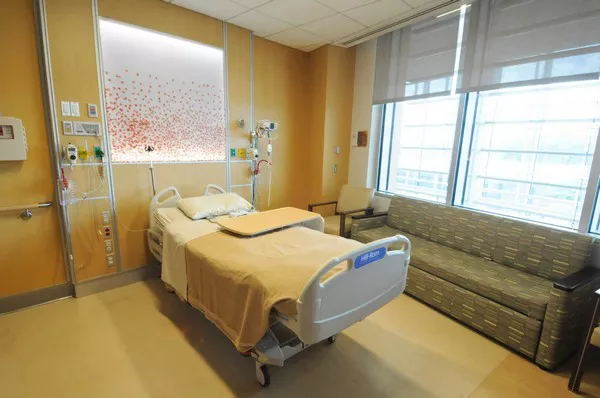In the aftermath of a cyberattack that disrupted the largest U.S. billing and payment system, healthcare providers across the country are facing a severe financial crisis. The attack, which targeted Change Healthcare, a significant unit of UnitedHealth Group, has left medical care providers struggling to pay rent, cover bills, and maintain essential services.
From urgent care chains in Ohio to cancer centers in Florida, the fallout is widespread. The cyberattack paralyzed Change Healthcare’s electronic system, preventing providers from obtaining insurance approval for services and receiving payments. The impact extends from routine drug prescriptions to critical treatments like chemotherapy and mastectomies.
As the chaos unfolds, lawmakers, hospital industry executives, and patient groups are urging the U.S. government to provide relief. The Health and Human Services Department announced measures to alleviate financial pressures, focusing on Medicare reimbursements for hospitals and doctors. Providers can apply for accelerated payments, akin to those available during the pandemic, to bridge the financial gap.
However, criticism has emerged from the hospital industry, labeling the government’s response as inadequate. The situation highlights the vulnerability of the healthcare system, exposing the interconnected webs of electronic health information and the fragility of patient data.
The cyberattack on Change Healthcare, part of UnitedHealth Group, raises concerns about the consolidation of medical companies under a single entity. The acquisition of Change by United in a $13 billion deal in 2022 faced initial challenges but proceeded despite federal prosecutors’ objections.
As the aftermath lingers, United has not provided a timeline for reconnecting the critical network. Reports suggest a $22 million transaction, possibly a ransom payment, was made to the alleged hackers, a group known as AlphV or BlackCat. The hospital industry deems this cyberattack the most significant in U.S. healthcare history, urging emergency funding from the federal government and United.
While pharmacies have overcome initial obstacles in filling prescriptions, doctors, hospitals, and providers are grappling with mounting expenses due to delayed revenue streams. The shutdown has caused a backlog of unpaid claims, leaving providers uncertain about their financial future.
Medical facilities, like Arlington Urgent Care in Ohio and Florida Cancer Specialists, are resorting to lines of credit and personal savings to ensure employees are paid. The hospital industry criticizes United’s efforts and calls for more substantial solutions than the recently offered loan program.
Doctors, like Dr. Christine Meyer in Pennsylvania, are sending piles of Medicare claims to the agency, facing uncertainties about cash flow. Optum’s temporary funding assistance program has offered loans to some providers, but the amounts are deemed insufficient, adding to the frustration.
As the healthcare system navigates this unprecedented crisis, lawmakers and Medicare officials are urged to expedite financial support. The prolonged effects of the cyberattack underscore the need for robust cybersecurity measures and comprehensive solutions to safeguard the nation’s healthcare infrastructure.


